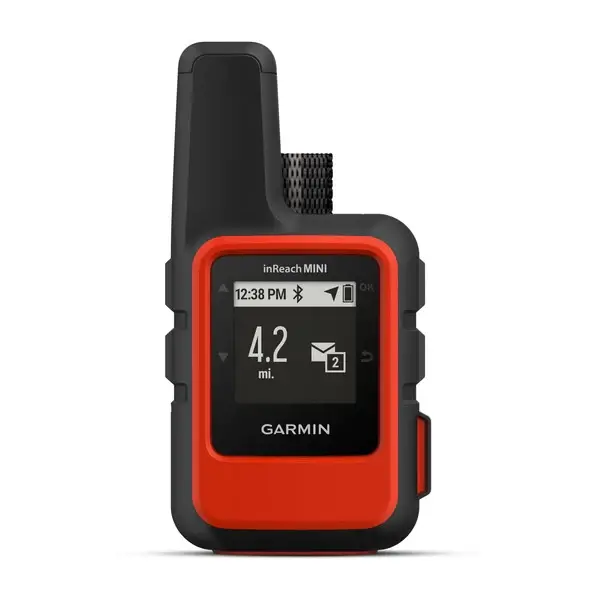Our range of GPS (Global Positioning System) trackers and handheld navigators from Garmin cater to outdoor enthusiasts that need to follow a pre-defined route. From casual, weekend geocachers to hardened professionals looking to cross some of the world’s most isolated regions, we offer GPS trackers that receive and use multiple satellite navigation frequencies to keep you reliably on track wherever you are.
Trackers have a variety of personal uses
One of the key uses of a GPS tracker is to ping the device carrier’s location to emergency contacts in real time when they go off-grid. Much like when a fixed or mobile asset is fitted with a satellite tracker or GSM (Global System for Mobile) tracker to reliably monitor its whereabouts, a GPS tracker records an individual’s precise coordinates where they can be monitored from an online map API or tracking dashboard.
If an individual is venturing somewhere with typically unpredictable or dangerous weather conditions, their GPS tracker can be loaded with weather updates when paired up with their smartphone, such as the feature available on the powerful Garmin GPSMap 66SR GPS tracker.
A more advanced GPS tracker such as the Garmin Montana 700i, however, includes inReach® technology which makes the device a globally-reaching GPS tracker because it harnesses the world’s only truly global satellite network: Iridium. Uses from this particular GPS tracker may include triggering an SOS in the event of an emergency, whereby a rescue mission can be executed and carried out.
Tracking of people and assets with GPS
GPS trackers give commercial operatives insights into how their assets are being used. Intelligence like this may help them improve productivity in the workforce, but, more importantly, it could also enable them to save time and money.
A GPS tracker device is critical when it comes to something like fleet management. It is a common approach to theft deterrent and gives emergency services a better indication when it comes to recovering stolen vehicles.
Important data metrics such as speed, distance, and time on the road can be recorded with a GPS tracker. Insight like this helps managers understand employee performance when their work involves the use of a vehicle from heavy machinery such as bulldozers, to delivery vehicles like vans and hire cars.
GPS Navigation
Navigating pre-defined routes from the convenience of a handheld GPS tracker means device carriers can find their way from point A to point B, whilst monitoring the state of the terrain along the way. GPS tracker devices such as the Garmin GPSMap 65s come with built-in navigational features such as current location, waypoint marking, prescribed routes, and trip information, plus an altimeter and compass. It’s the type of GPS tracker an individual would take with them if they were intentionally traveling via non-signposted routes, across barren landscapes, or through thick woodland.
Source – https://gtc.co.uk/blogs/all/gps-tracking-technology







